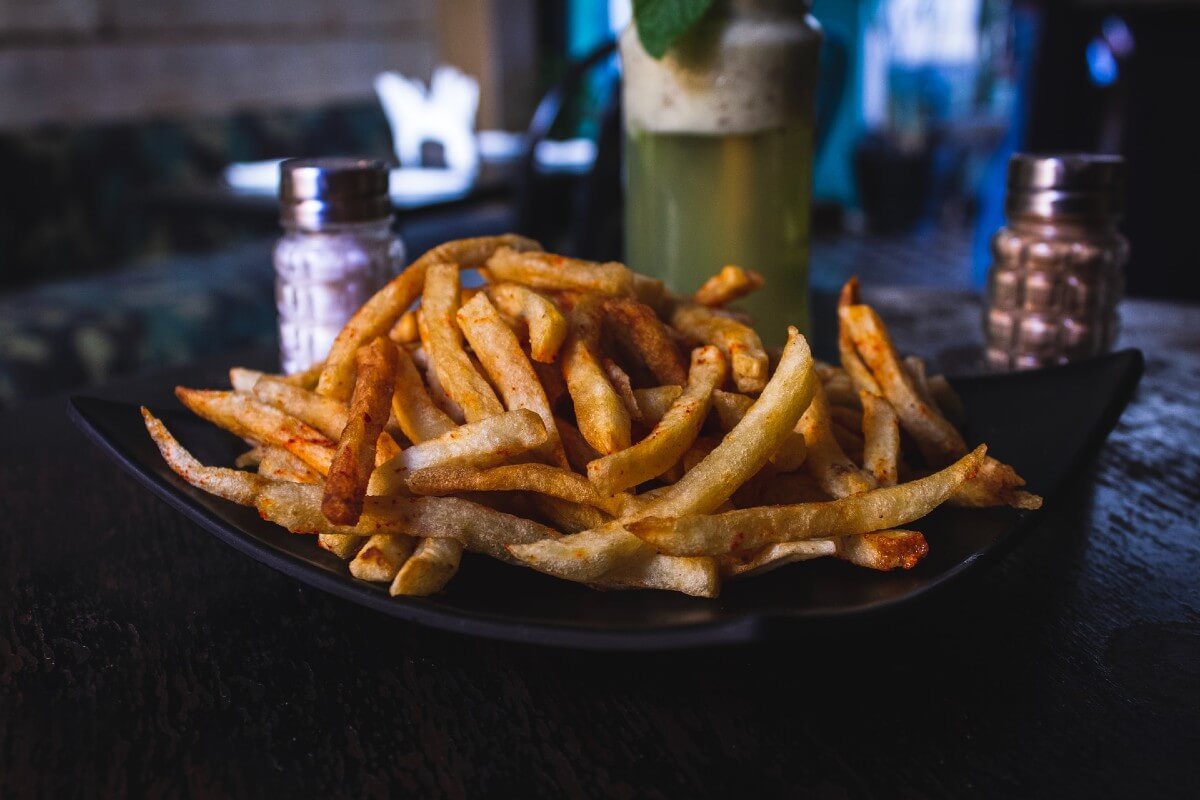Burp! Seven days of digesting the information gathered last week about the why and how of acidity, and my super-sensitive system is churning and spewing up more acid, awaiting news on the triggers that cause me to belch and pop in one more of those green and pink pills that bring some relief. Antacids bring temporary and symptomatic relief. So why get addicted to these over-the-counter drugs when a little investigation can bring about a permanent and preventive solution to GERD and its associated symptoms of bloating and flatulence? Read on to pinpoint the exact reason/s for which your GI Tract behaves the way it does following the intake of food.
UNRAVELLING THE GERD CODE
If acid reflux happens to you more than twice a week, you are labeled as having GERD (Gastroesophageal Reflux Disease). A one-off episode of reflux may not really be a cause of concern to you at the moment but should serve as a warning about your predisposition to GERD. So, let’s go on to list the whys and wherefores of acidity and GERD, from the simplest to the physiological and medical:
- Eating a large Meal – Too much food stretches the stomach, thereby increasing the pressure on the Lower Oesophageal Sphincter (LES) – remember the ring of muscle between your esophagus and stomach that keeps the stomach acids from going in the wrong direction?
- Lying Down Right After a Meal – Assuming a supine position after a meal, especially an over-sized meal, loosens the LES muscles, thus increasing the chances of gastric acid being pushed back up your throat.
- Composition of Your Meal – High-fat foods slow down the gastric emptying rate, i.e., they stay longer in your belly. This makes your stomach produce more acid, which in turn, serves as a digestive system irritant.
- Being overweight or obese – Excess abdominal fat causes a pressure on the stomach and can also lead to the development of a hiatal hernia, both of which cause a backflow of acid resulting in heartburn.
- Smoking – The nicotine from tobacco relaxes the LES, and this can allow stomach acid to reflux into the oesophagus, which causes heartburn.
- Medication – Especially Non-Steroidal Anti-Inflammatory Drugs (ibuprofen), aspirin, muscle relaxers, or blood pressure medications. Their mechanism of action in GERD is not very well-known, although it is believed that they can provoke reflux especially if they are absorbed without water and in cases of pre-existent acid reflux.
- Foods – Such as mint, citrus, chocolate, spicy are known to relax the LES, thus allowing for acid reflux.
- Beverages – Such as coffee, tea, alcohol, and carbonated drinks contain caffeine, which is a known trigger of GERD since it can relax the LES.
- Wearing Tight Clothes and Corsets – The reason is self-explanatory, isn’t it? Squishing your insides to look slimmer on the outside makes your digestive system scream for help by pushing up the acid it naturally produces!
- Pregnancy – The unique pregnancy hormones cause the digestive system to slow down, and the muscles that push food down the esophagus also move more slowly when you are pregnant. Also, as the uterus grows, it pushes up on the stomach. This can sometimes force stomach acid up into the esophagus.
- Hiatal Hernia – This occurs when the upper part of your stomach and the LES move above the diaphragm. The diaphragm, a muscle that separates your stomach from your chest, helps keep acid in your stomach. But if you have a hiatal hernia, acid can move up into your esophagus and cause symptoms of acid reflux disease. This can especially happen if you attempt to bend forwards at the waist or lift something heavy off the floor (as is often seen during weightlifting).
And there it is – laid threadbare – the eleven reasons for your constant belching and farting!! Next week, we will look at problem resolution. Eat right till then!

























